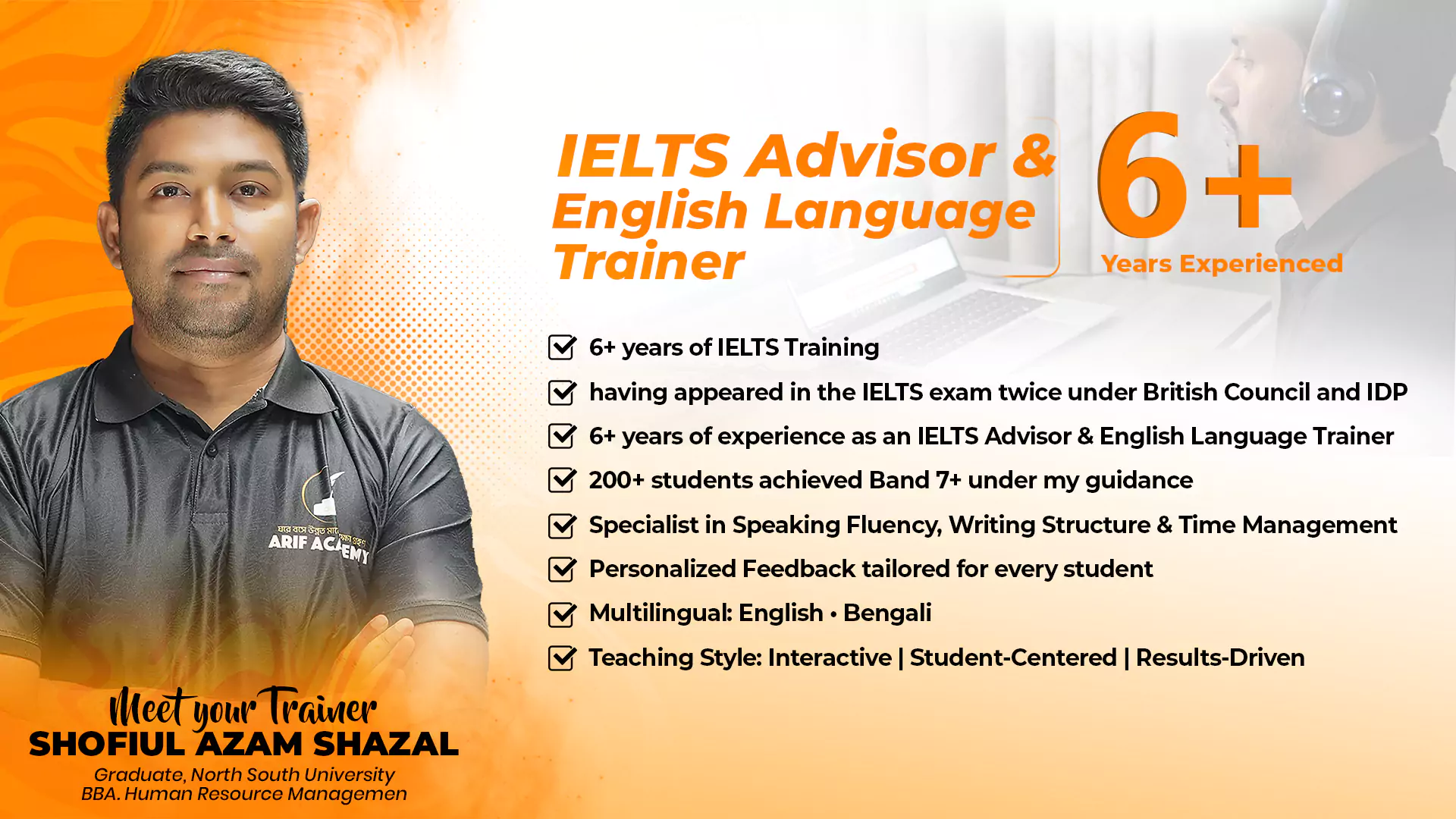Improving fluency for the IELTS Speaking test involves both language skills and confidence. Here are practical, targeted tips to help you speak more smoothly and naturally:
🔁 1. Practice Speaking Every Day
- Talk about IELTS topics (e.g., hometown, hobbies, education, technology).
- Record yourself and listen for pauses, fillers, or hesitations.
- Tip: Set a timer for 2 minutes and speak non-stop about a topic.
💬 2. Use Fillers Smartly (Not Too Much!)
- Instead of pausing in silence, use natural fillers:
- “Well, let me think…”
- “That’s a good question…”
- “I guess you could say…”
- Avoid overusing “um”, “like”, “you know”.
🧱 3. Use Linking Words
- Connect your ideas with words like:
- Firstly, in addition, on the other hand
- Because, so, even though, however
- For example, such as, in particular
🗣️ 4. Think in English
- Train your brain to process in English so you don’t translate in your head.
- Describe what you’re doing during the day in English in your mind.
- Speak to yourself in front of a mirror.
🎧 5. Shadow Native Speakers
- Imitate English speakers (e.g., YouTube, podcasts):
- Copy their intonation, rhythm, and pace.
- Repeat after them sentence by sentence.
🧠 6. Expand Your Answers
- Don’t give short answers like “Yes, I do.”
- Instead:
- “Yes, I do. I really enjoy reading, especially novels that explore different cultures. It helps me relax and learn at the same time.”
- Use the “Why–Example–Detail” formula.
📚 7. Build Topic Vocabulary
- Learn vocabulary for common topics:
- Environment
- Education
- Health
- Travel
- Use it in context so it becomes natural when speaking.
🚀 8. Get Feedback
- Practice with a teacher, friend, or language partner.
- Use apps like iTalki, Cambly, or language exchange platforms.






